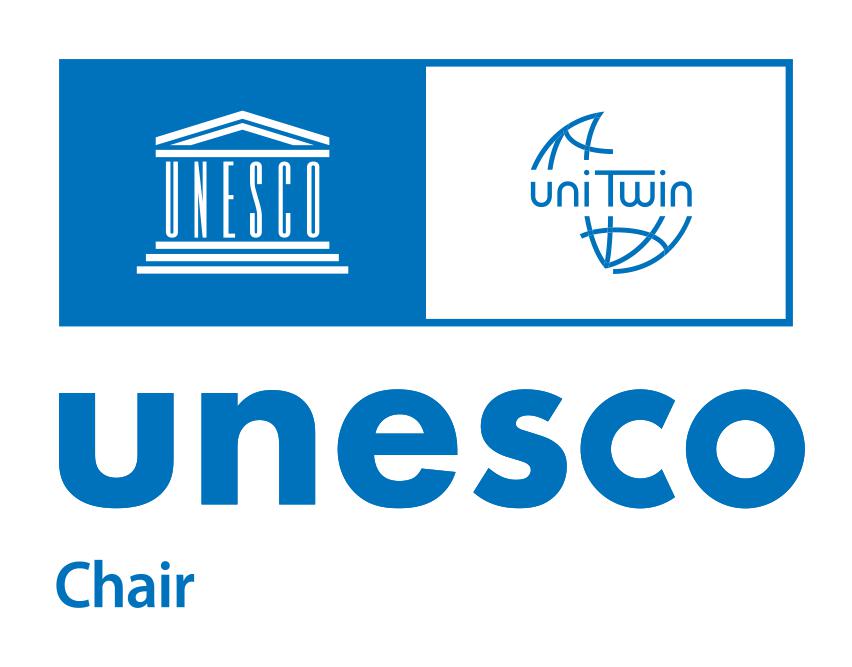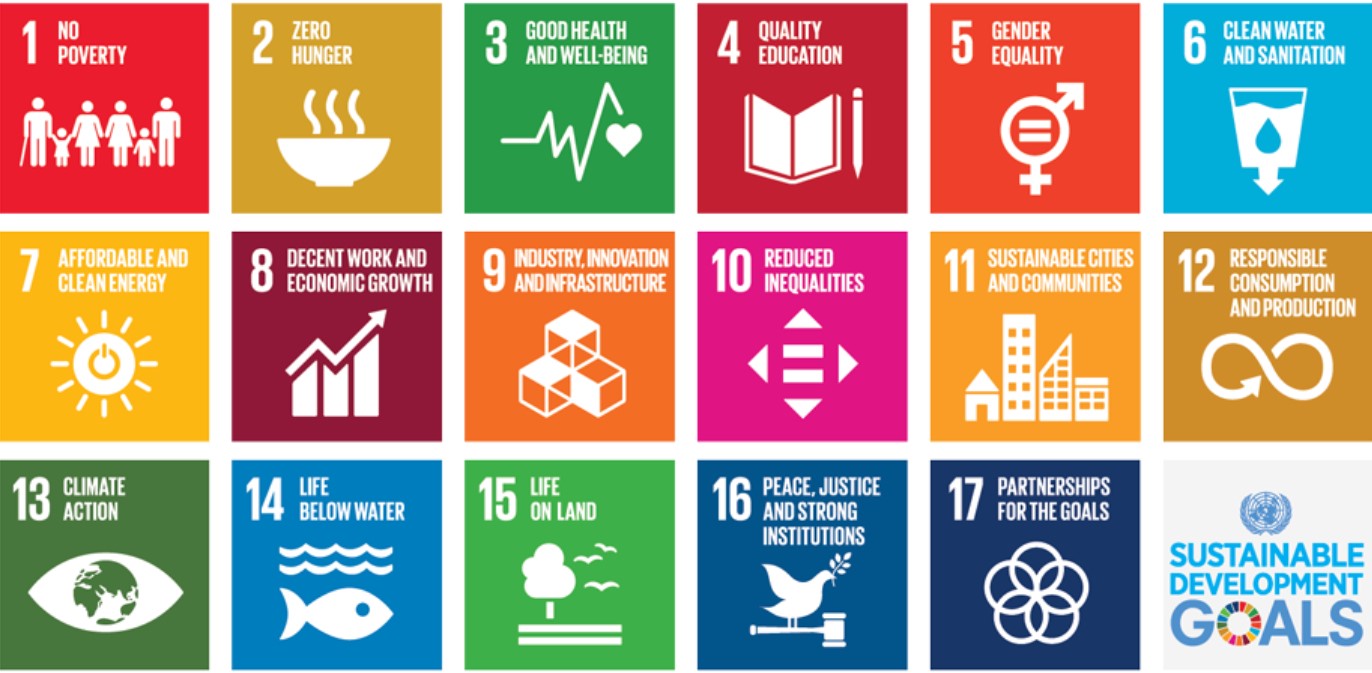What is Sustainable Development?
Sustainable Development refers to the development that takes into consideration the protection of the environment and nature’s potential to renew its resources, so that the needs of future generations can be satisfied as well. In the context of sustainable development, human activity should aim at a harmonious, balanced and efficient economy where socially just prosperity is enhanced. To that end, society should be sufficiently flexible and wise to support equally its natural and social systems.
Although, the concept of Sustainable Development was initially used by the discipline of ecology to emphasize the necessity of a rational management of natural resources, later it was adopted by various other disciplines to describe new ways of dealing with challenges that have emerged in the 21st century. Climate change with the rise of global temperatures, the biodiversity decline, public health risks due to pandemics, poverty, social exclusion and the global ageing are now considered within the sustainability context. Acknowledging these needs, UNESCO contributes to the implementation of the Sustainable Development Goals (SDGs) set by the United Nations’ 2030 Agenda that aspires to ensure prosperity, protect the planet and strengthen the foundations for peace.
Flexible societies can respond positively and creatively to constantly altering conditions, either by improvising, or by adapting and/or renewing their management strategies. It is high time to foster our resilience so that we can handle change in a beneficial manner, while developing new and dynamic economic, social and environmental policies.
Useful links:
The 2030 Agenda for Sustainable Development






